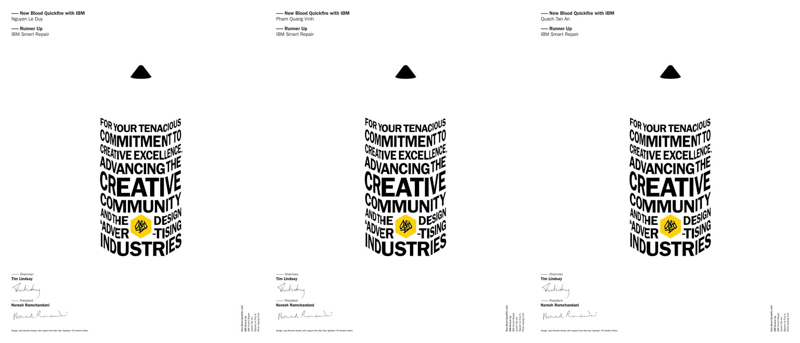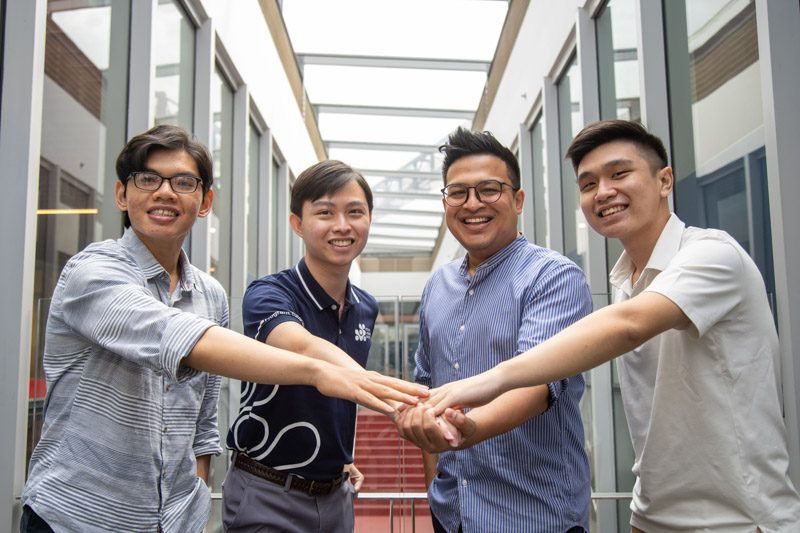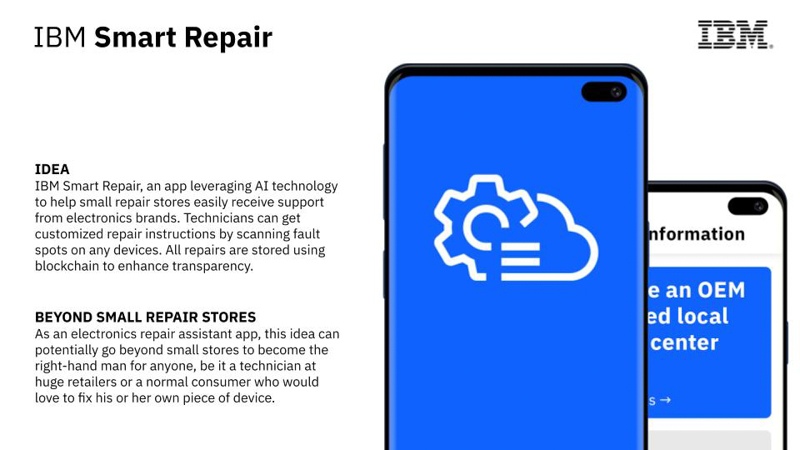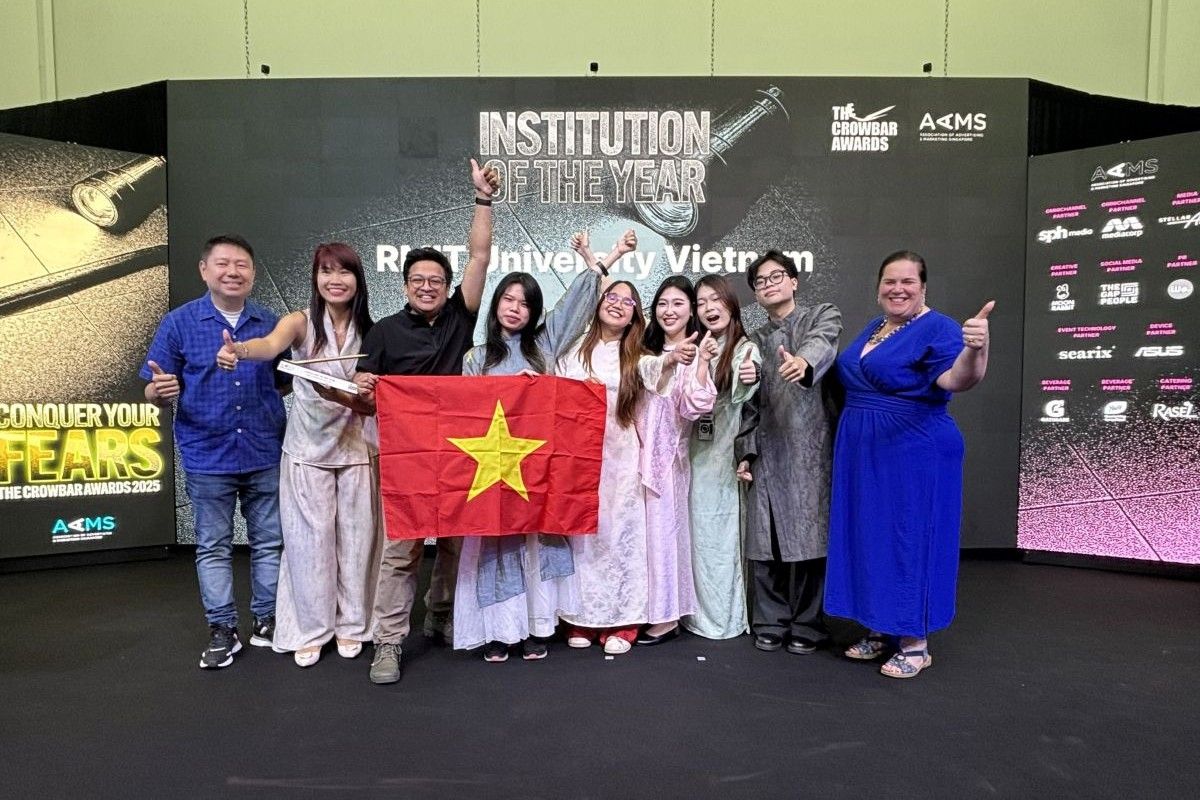Vietnamese students soar at global creative awards
RMIT University Vietnam students started 2026 strong with top honours at major creative competitions in Singapore and the UK, once again spotlighting the strength of Vietnamese creativity on the world stage.
Affiliate marketing boom sparks intellectual property and trust concerns
The explosive growth of affiliate marketing across social media and e-commerce platforms is exposing significant legal and ethical risks, according to experts from RMIT Vietnam.
National communication strategy to promote “Vietnam: The Healing Land”
Amid the growing global demand for healing tourism, Vietnam is presented with a historic opportunity to position its national image and leverage soft power through wellness tourism.
AI and music: Digital symphony or the end of human creativity?
From viral AI-generated remixes getting millions of views on TikTok to intensifying copyright battles, the music industry stands at a crossroads: Are we witnessing the dawn of a new creative era, or the twilight of human authenticity?







